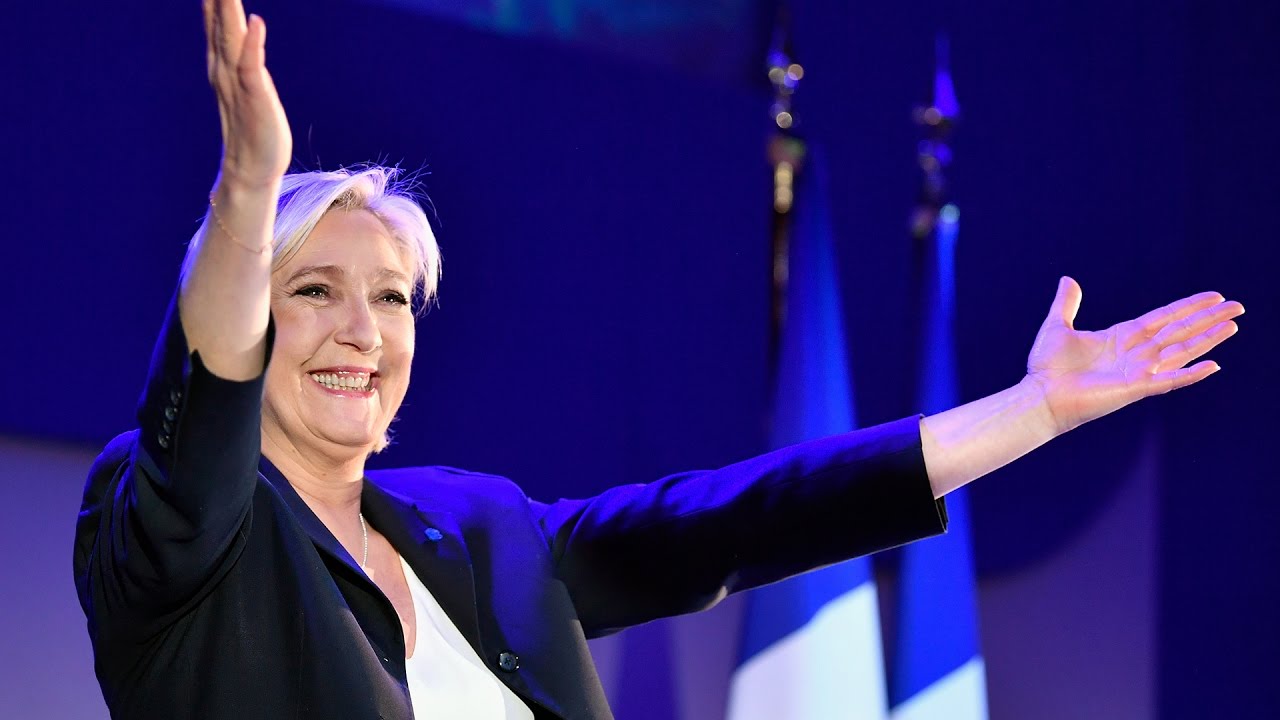Populist parties are expected to perform strongly at this year’s European Parliament elections. Drawing on a new book, Nils Karlson argues Europe should revive classical liberalism to contain the rise of populism across the continent.
In recent decades, a populist, authoritarian pandemic has been spreading across the world. Liberal institutions fundamental to markets, democracy and civil society have been weakened or started to crumble.
In the case of Europe, recent polls indicate that populist parties could top the vote share in many of the member states of the European Union at this year’s European Parliament elections. This could dramatically alter the Parliament’s political landscape, as well as the policies and institutions that support the common market, the rule of law and individual liberties.
How can we explain this development and what can be done about it? How can liberals and classical liberals fight back against this threat to the free world? In a recent book, Reviving Classical Liberalism against Populism, I explore the defining characteristics of populism with the aim of making populism intelligible, recognisable and contestable. Three characteristics stand out.
About the Author
Nils Karlson is a former Professor of Political Science and founder (and former CEO) of the Ratio Institute, a research institute in Stockholm. A Visiting Fellow at the Hoover Institution, Stanford University between 2021 and 2023, he is the author of numerous books and academic papers about subjects such as statecraft, economic reforms, labour markets and education

